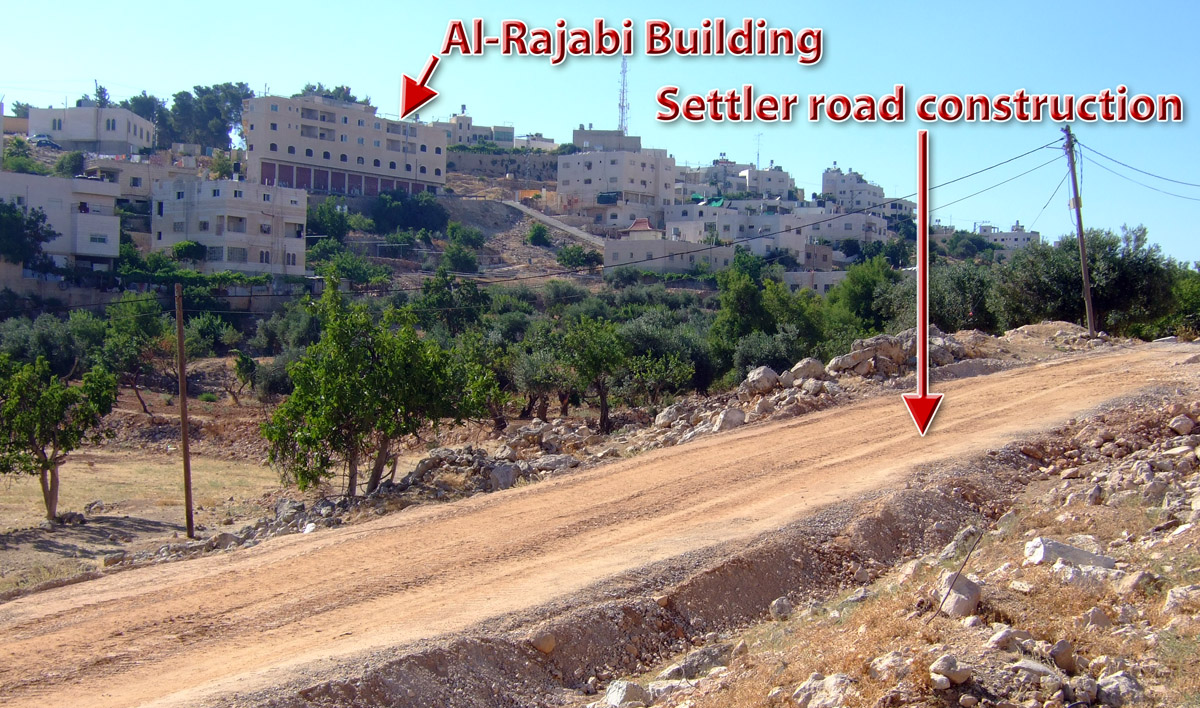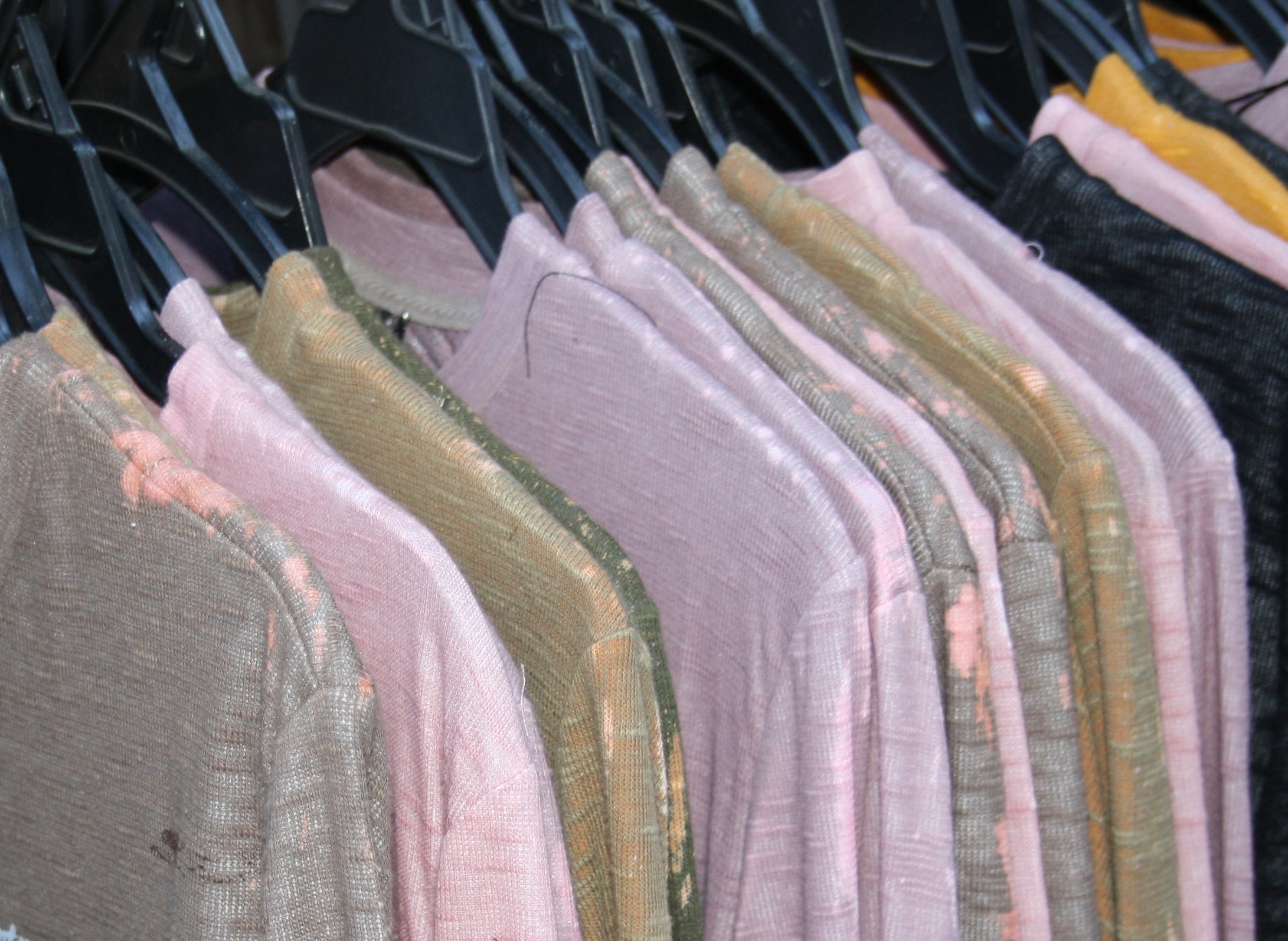CPTnet
27 June 2013
AL-KHALIL (HEBRON) NEWS: Updates on settler road expansion, situation
of South Hebron Hills villagers threatened with expulsion, settler vandalism in
Hebron market, and more.
[Note: According to the Fourth Geneva Convention, the Hague
Regulations, the International Court of Justice, and United Nations resolutions,
all Israeli settlements and outposts in the Occupied Palestinian Territories
are illegal.]
 |
|
| CPT is monitoring the construction of a settler road that has cut through the middle of Palestinian agricultural land in Wadi Al-Hussein, on the east side of Hebron’s Old City, without the permission of the Palestinian landowner. Construction began on 17 June. The road will create a shortcut from a southwest entrance of the Israeli settlement of Kiryat Arba to the “Prayers’ Road,” which connects settlers with an Israeli tourist park and synagogue at the Tomb of the Patriarchs (also called the Ibrahimi Mosque). The road will effectively confiscate a slice of Wadi Al-Hussein, which Israel may then annex to Kiryat Arba. CPT is also monitoring an evacuated Palestinian apartment block (see photo |
 |
|
|
Anxiety overwhelms 1,000 Palestinian residents of the South For the past two weeks, several international human rights For years the military has already carried out daily live CPT and partner groups will now spend days and nights in the |
 |
|
|
Repeatedly in the past weeks, residents of the Israeli From a multi-storey building directly overshadowing one of |
For these stories and more, see News from Christian Peacemaker
Teams in Palestine.



